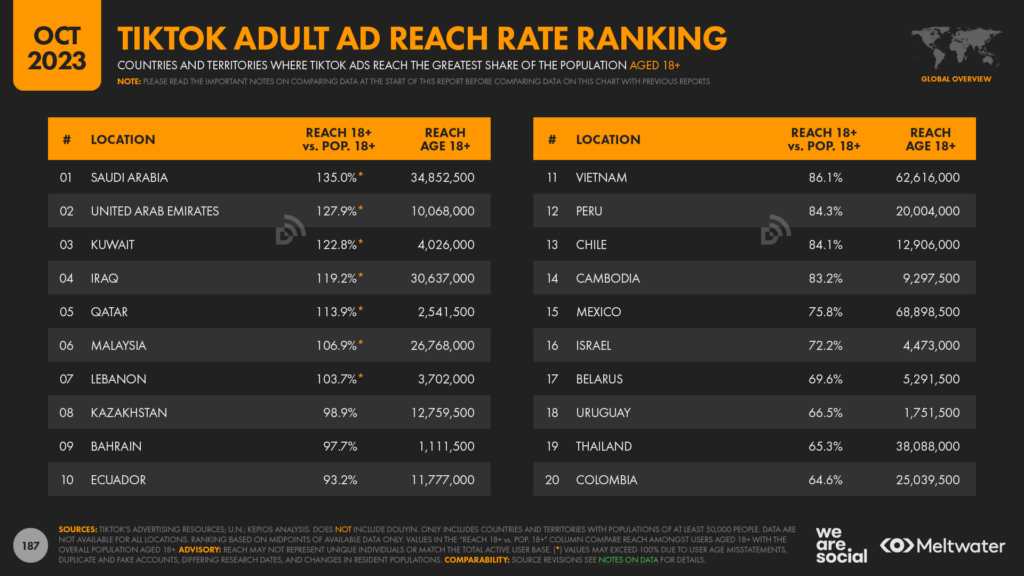In pursuit of productivity: Malaysians are bringing their own AI tools to the workplace
As the AI race accelerates, Malaysians are determined not to be left behind and are taking steps to stay ahead, even as companies struggle to keep up. The 2024 Work Trend Index revealed an emerging BYOAI (bring your own AI) culture, akin to the well-known BYOD (bring your own device) trend, with  83% of Malaysians now opting to use their own AI tools in the workplace.
83% of Malaysians now opting to use their own AI tools in the workplace.
The report underscores a key point: employees want AI at work and won’t wait for companies to catch up. The joint study by software giant Microsoft and professional networking platform LinkedIn discovered that this trend extends beyond just Gen Z, with high adoption rates for AI tools seen across all age groups. Gen Z leads with an adoption rate of 85%, followed closely by Gen X at 76%, Millennials at 78%, and Baby Boomers at 73% in the country.
Risk vs reward
K Raman, managing director of Microsoft Malaysia, emphasized that as the technological shift is driven by employees seeking to enhance productivity and make more efficient use of their time, they are not waiting for their organisations to roll out a coherent AI vision and roadmap. However, the adoption of AI, especially without proper policies, poses a security risk.
The concern is that users are bringing their own AI tools to work without the knowledge of their bosses, exposing the company to potential data breaches. The report states that 52% of Malaysian AI users are reluctant to admit to their bosses that they are using AI, while  53% are unwilling to share these tools out of concern that their jobs will be replaced despite the productivity gain.
53% are unwilling to share these tools out of concern that their jobs will be replaced despite the productivity gain.
Shift in job skills
The rise of AI has also seen a change in hiring priorities among organisations. LinkedIn’s South-East Asia head of sales for emerging markets, Rohit Kalsy, described it as an evolution in skills. In Malaysia, 62% of business leaders surveyed said they wouldn’t hire a candidate without AI skills, while 65% are more likely to hire a less experienced candidate with AI skills than a more experienced one without them.
This underscores that AI competency is no longer an ‘X’ factor but a necessity in today’s workplace. Professionals are aware of the need to adequately upskill themselves for the age of AI. LinkedIn has seen a significant increase in users adding AI skills to their profiles, indicating a shift towards AI competence as a crucial requirement.
Integration of AI
Raman emphasizes that integrating AI simply for the sake of it is a misguided approach. The key is to consider a company’s particular set of challenges and implement the technology as solutions to specific problems. Though 88% of Malaysian leaders in the survey believe AI is a business imperative, they worry that their organisations lack a plan and vision to implement it.
Companies need to understand the value of AI before rushing to implement it. It's essential to anchor AI to the problem at hand and see whether AI can tackle the issue effectively. Understanding the capabilities of AI and utilizing the technology purposefully can lead to significant productivity gains in the workplace.










